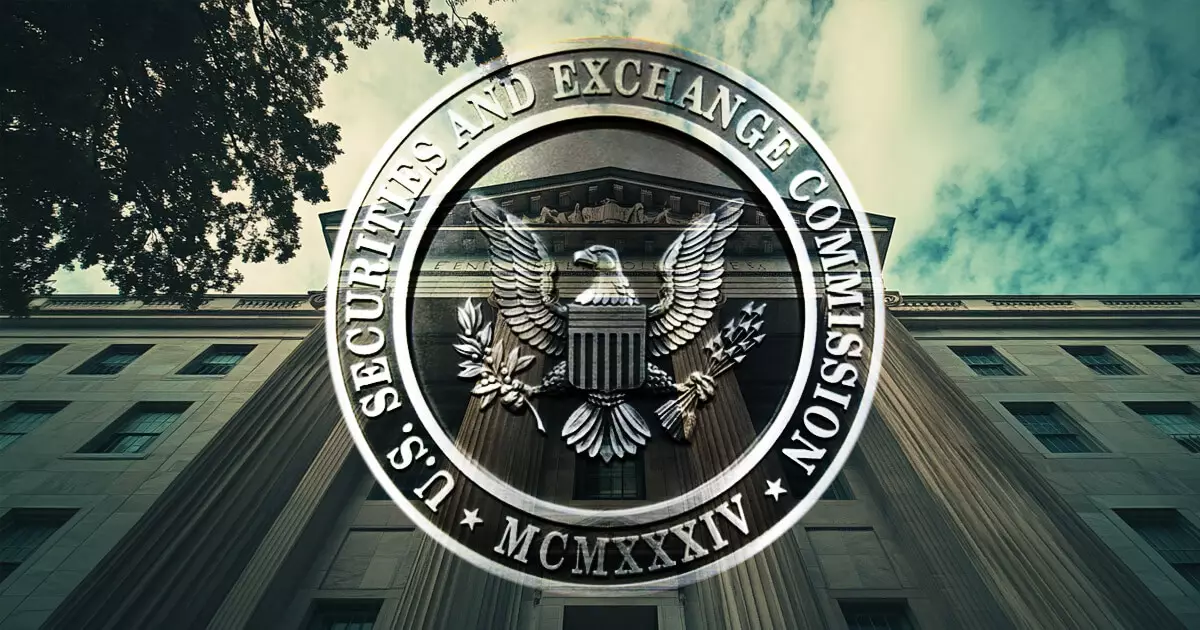The recent changes within the United States Securities and Exchange Commission (SEC) reflect a decisive transformation in leadership that could significantly impact the regulatory landscape for digital assets. On January 20, 2024, President Donald Trump appointed Mark Uyeda as the acting chair, following the official resignation of Gary Gensler. This transition marks a pivotal moment, not just for the SEC, but for the broader financial sector, particularly in how it addresses the growing interest and complexities surrounding cryptocurrencies and other digital assets.
Gensler’s tenure was characterized by his stringent approach to regulation, which many in the crypto space criticized for creating a climate of uncertainty. With Uyeda at the helm until June 5, 2026, the SEC could pivot towards a more accommodating and clear regulatory framework, which is essential for nurturing innovation while ensuring compliance and investor protection.
Mark Uyeda’s appointment is significant due to his established advocacy for the digital asset sector. Throughout his career, he has expressed the need for clearer guidelines that delineate permissible activities within the space. A notable instance was during his appearance on Fox Business in October 2023, where he lamented the confusion wrought by the SEC’s current regulations, indicating that this ambiguity has often necessitated judicial intervention. Uyeda articulated a prevalent sentiment in the crypto community when he conveyed frustration over the lack of definitive guidance on compliance.
This stance resonates with a call for a more hands-on approach in regulating innovative financial technologies. As industries rapidly evolve, regulatory bodies must adapt and evolve in tandem, a notion Uyeda appears keen to promote.
Further illustrating his intent to reshape SEC policy, Uyeda, alongside fellow commissioner Hester Peirce, publicly criticized the SEC’s current treatment of non-fungible tokens (NFTs). Their joint statement on September 16, 2024, highlighted a case involving the Flyfish Club, a digital dining establishment that used NFTs as tickets for exclusive access. The pair argued that classifying these tokens as securities undermines their true utility, positing instead that they should be recognized as utility tokens. This represents a crucial discussion in the SEC’s ongoing quest to define the boundaries of digital assets and could signal a more favorable regulatory climate for NFT creators and users.
In light of these developments, there is a broader implication for how NFTs, cryptocurrencies, and other digital financial instruments will be treated going forward. A more lenient and innovative framework could inspire further investment and development within this burgeoning market.
The SEC’s internal dynamics have been noticeably influenced by recent leadership changes. The commissioners’ joint statement regarding Gensler’s resignation emphasized a respectful exchange of ideas during his tenure. While their acknowledgment of Gensler’s commitment to bipartisan engagement stands as a testament to his collaborative spirit, it also hints at a possible rebalance towards an approach that prioritizes clarity and innovation over stringent enforcement.
As the SEC transitions into this new chapter under Uyeda, the prospect for a reassessed regulatory framework surrounding digital assets becomes increasingly likely. Investors, creators, and the broader financial community will be closely monitoring the SEC’s moves, hopeful for a more transparent and supportive environment conducive to innovation and growth in the vital sector of digital finance. The coming years will be crucial in determining how these regulatory changes shape the future of asset management and financial markets in the United States.



















Leave a Reply